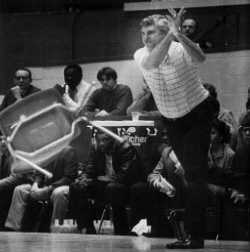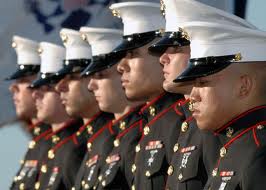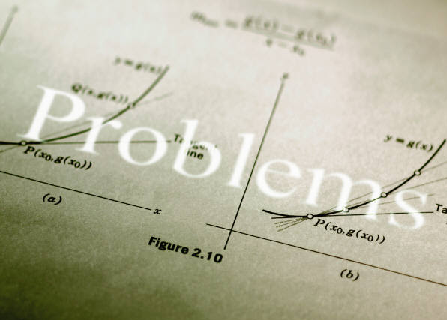by Adam Naylor

I had the opportunity yesterday to share some ideas on lessons from the playing field that could assist in patient care at the Massachusetts Veteran Affair’s Medical Center. I truly could not have been more humbled by the attention and the enthusiasm he healthcare professionals showed towards the ideas presented. The lunchtime grand round session broke off into a brainstorming session about goal setting.
The general feeling expressed to me was that goals were valuable, the medical community encourages goals to be set, and the process had become fulfilling and limited in its benefit to patients. In order to encourage evidence-based practice and to embrace technology, docs are encouraged to complete some sort of an app with/about their patients documenting goals for treatment and the upcoming months. Not a bad idea… but one that struggles due to the “Jekyll and Hyde Nature of Goal Setting” and the challenges of technology. Yet, all of the practitioners wanted goal setting to work well for their patients.
From sitting and listening, the nagging problem with “modern” approaches to goal setting came into focus. I witness this similar story play out in sports medicine settings on a regular basis. SMART goal setting is preached to and embraced by practitioners, yet its outcomes seem so… watered down. Rather than being a double shot of espresso to boost motivation and provide clarity, transparent decaf that does little to change the patient’s psychological status quo is being served.
Goals have dynamic power. They can…
- Enhance motivation
- Fine tune focus
- Enhance learning
- Nurture self-awareness
- Improve communication
- Minimize confusion
- Calm nerves
- Clarify direction
- Build confidence
They can… but are they?
When considering the use of goals in the industrial-medical complex (and elsewhere) the question I stumbled to was, “Who benefits from this goal setting process?”
Continue to read this article by clicking HERE.
BSMPG Summer Seminar - May 16-17, 2014 Boston MA








